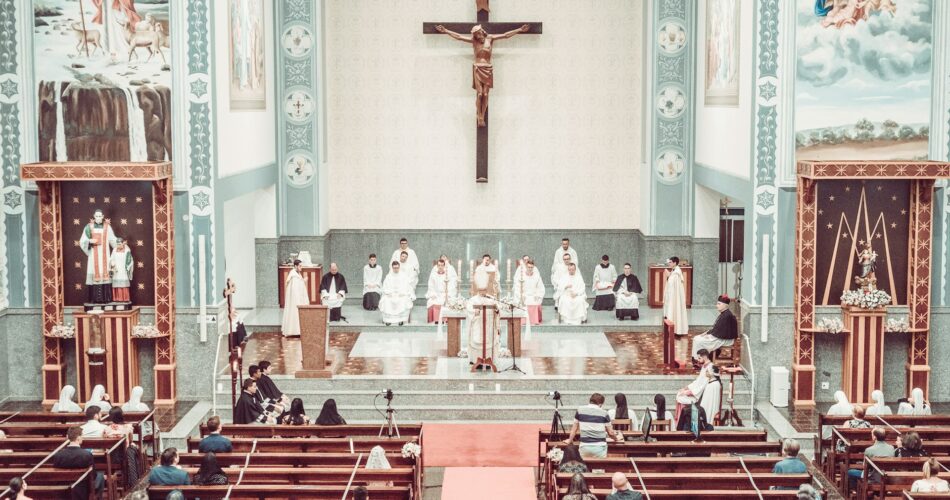Are they making history?
The Council of Bishops of the United Methodist Church has made a historic decision by electing its first African American female president, Bishop Tracy S. Malone, amid the backdrop of significant departures from the denomination in recent years. With over 7,000 churches having left the denomination due to disagreements, Bishop Malone’s presidency symbolizes a pivotal moment for the Church.
Scheduled to assume office during the upcoming UMC General Conference, Bishop Malone expressed her gratitude for the honor bestowed upon her by her colleagues. She sees her election as a milestone highlighting the Church’s commitment to embracing diversity and fostering unity. In her message, Bishop Malone pledges to provide leadership that instills hope and strengthens the Church’s mission of inclusivity and grace.
Bishop Malone’s vision for her presidency centers on deepening the Church’s dedication to discipleship, mission, equity, and justice, both within the Church and in the broader world. Despite the challenges posed by the departure of numerous congregations, she remains steadfast in her belief in the Church’s enduring mission to spread the teachings of Jesus Christ.
Raised in Chicago, Bishop Malone’s journey to ministry began at a young age, culminating in her leadership roles within the United Methodist Church. Her educational background, which includes degrees in Religious Studies, Sociology, and a doctorate in Ministry, has equipped her to navigate the complexities of church leadership.
Her installment as president of the Council of Bishops comes at a critical juncture, following the disaffiliation of thousands of congregations over disagreements regarding the Church’s stance on homosexuality. Despite these challenges, Bishop Malone remains optimistic about the future of the Church, emphasizing a renewed sense of hope and unity within her conference.
Looking ahead, Bishop Malone’s presidency signifies not only a historic moment for the United Methodist Church but also a renewed commitment to its core values of love, acceptance, and inclusivity. As she takes on this leadership role, Bishop Malone’s vision for the Church reflects a deep-seated belief in its ability to adapt, grow, and continue its mission of spreading the gospel message.
